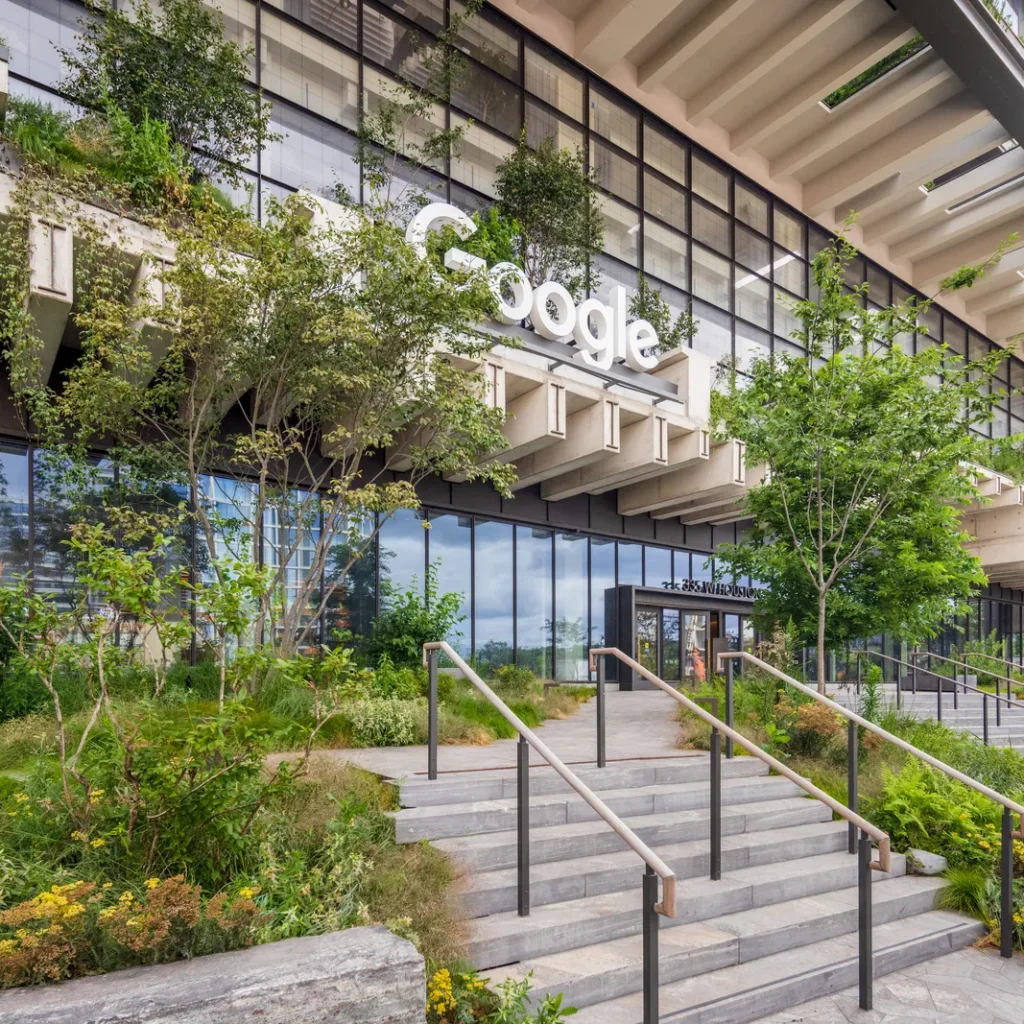Google has moved its “net-zero by 2030” pledge from its homepage to the appendix of its latest environmental report, while its data center page now frames the target as an ambitious aspiration rather than a firm commitment. The adjustment marks a step away from earlier climate positioning, first highlighted by Canada’s National Observer.
The company said it still aims to reach net-zero emissions across its operations and supply chain by the end of the decade. It reported a 12% decline in data center emissions in 2024, but overall electricity use climbed 26% to 32.2 terawatt-hours, a level exceeding Ireland’s annual consumption. Total greenhouse gas emissions rose 48% year-on-year, reflecting rapid growth in artificial intelligence services and new data centers.
Industry projections suggest these pressures will intensify. McKinsey estimates global computing demand could drive $6.7 trillion in investment by 2030, with AI data centers accounting for most of the spending. U.S. data centers alone are expected to reach 12% of national electricity demand by the end of the decade.
Analysts warn that surging energy needs across the sector risk undermining corporate climate pledges. Many see a widening gap between stated sustainability goals and the scale of infrastructure required to support AI adoption.
Rival technology firms, including Microsoft and Amazon, continue to present their net-zero targets prominently, leaving uncertainty over whether Google’s more cautious framing will influence how others communicate their strategies.
Source: Canada’s National Observer
